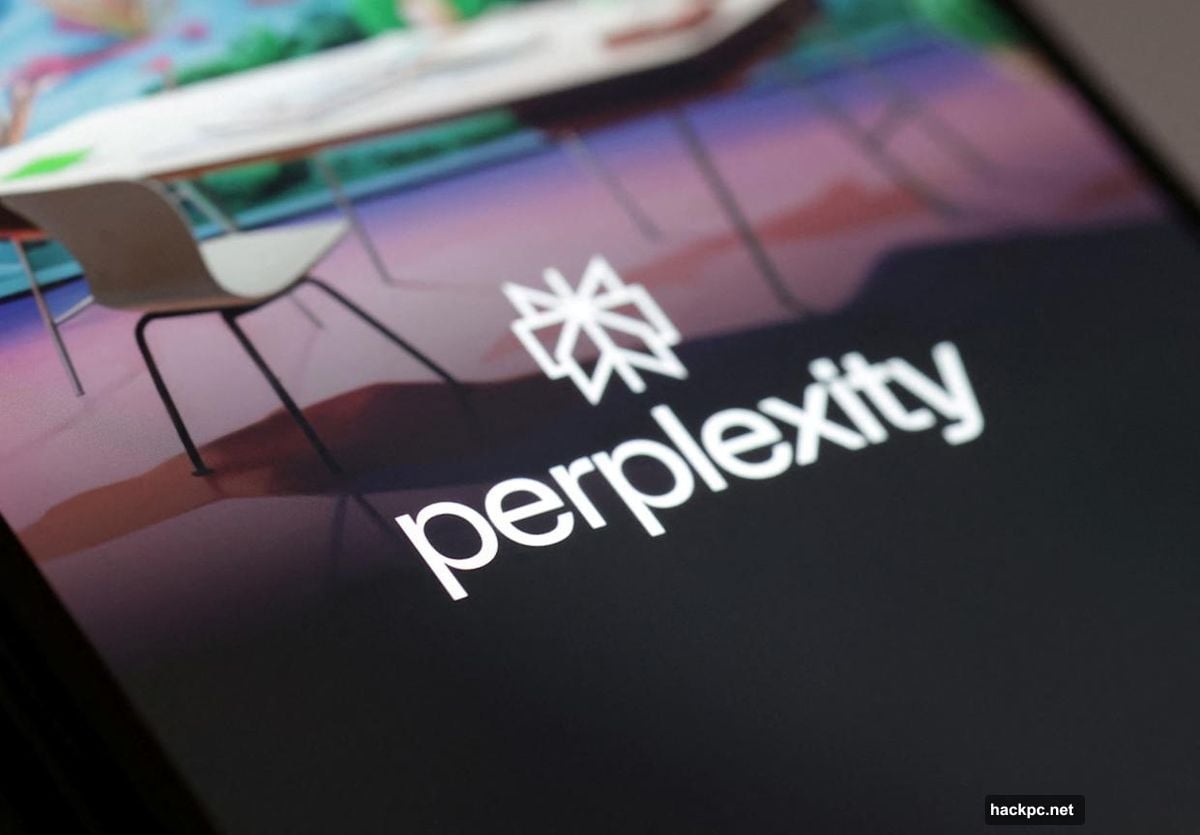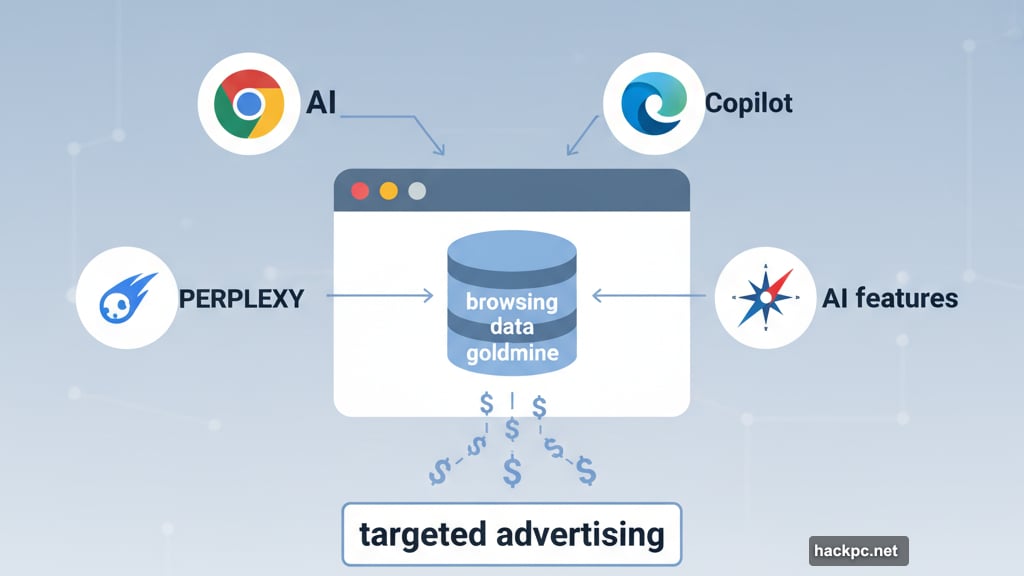
Perplexity wants to change how you browse the web. Their Comet AI browser landed on Android this week, bringing artificial intelligence directly into mobile web searches.
This isn’t just another browser with AI tacked on. Comet integrates Perplexity’s AI assistant throughout the entire browsing experience. Plus, it’s completely free despite originally being a $200-per-month exclusive feature.
From Premium Feature to Free Tool
Comet launched this summer as a perk for Perplexity’s Pro subscribers. That tier costs $200 monthly, so most people couldn’t access it.
But the company changed course last month. They opened Comet to all users on desktop platforms. Now Android users get the same access without paying a cent.
This shift signals Perplexity’s real strategy. They’re not trying to make money from subscription fees. Instead, they’re collecting browsing data to sell targeted advertising. More users means more data means more ad revenue.

What Comet Actually Does
The Android version mirrors the desktop experience in most ways. You get Perplexity’s AI assistant baked directly into your searches.
Ask a question while browsing, and the AI provides instant answers. It summarizes web pages so you don’t have to read everything. You can even interact with it using voice commands instead of typing.
Think of it as having ChatGPT or Claude built into Chrome. Except Perplexity controls the whole experience from browser to AI responses.
The interface stays familiar. You still type URLs and tap links like any browser. But now AI hovers in the background ready to jump in whenever you need it.
The Bigger Browser War Brewing

Perplexity isn’t alone in chasing AI-powered browsing. Every major tech company sees the same opportunity.
Google already stuffed AI into Chrome searches. Microsoft pushed Copilot into Edge. Apple quietly added AI features to Safari. The race is on to own how people interact with information online.
Why does everyone want to control your browser? Simple. Browsers see everything you search, every site you visit, every product you consider buying. That data goldmine powers targeted advertising worth billions.
Amazon already complained about how these AI tools interfere with shopping. They’re worried AI assistants will steer customers away from Amazon’s own recommendations toward competitors.
Worse, scammers are figuring out how to game AI systems. Fake products and phishing attempts become harder to spot when an AI confidently recommends them. Security researchers warn these AI browsers could become massive vulnerabilities.
Why Free Actually Costs More
Nobody builds complex AI browsers for free out of generosity. Perplexity admitted they want your data for advertising purposes.

Every search you make teaches their AI about your interests. Every page you visit refines their profile of you. Every product you browse becomes ammunition for targeted ads.
You’re not the customer here. You’re the product being sold to advertisers.
Traditional browsers like Firefox and Brave promise privacy protections. They block trackers and limit data collection. AI browsers do the opposite by design. They need your data to function.
So “free” means trading your browsing privacy for AI convenience. Whether that’s worth it depends on how much you value each.
The Android launch puts Comet in millions of pockets. Now Perplexity gets to watch how people really browse on mobile devices. That data will shape how aggressive their advertising becomes.
Choose carefully. Every AI browser makes similar promises but hides the same business model underneath.



Comments (0)